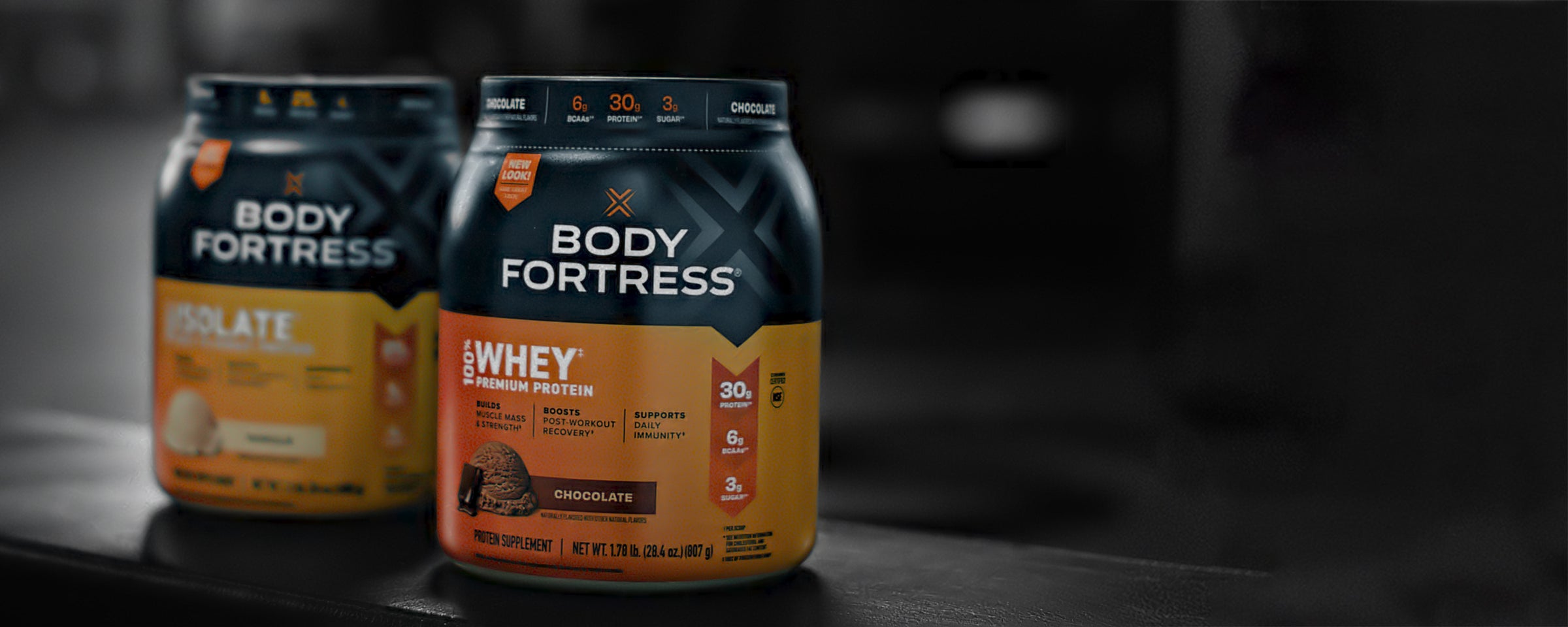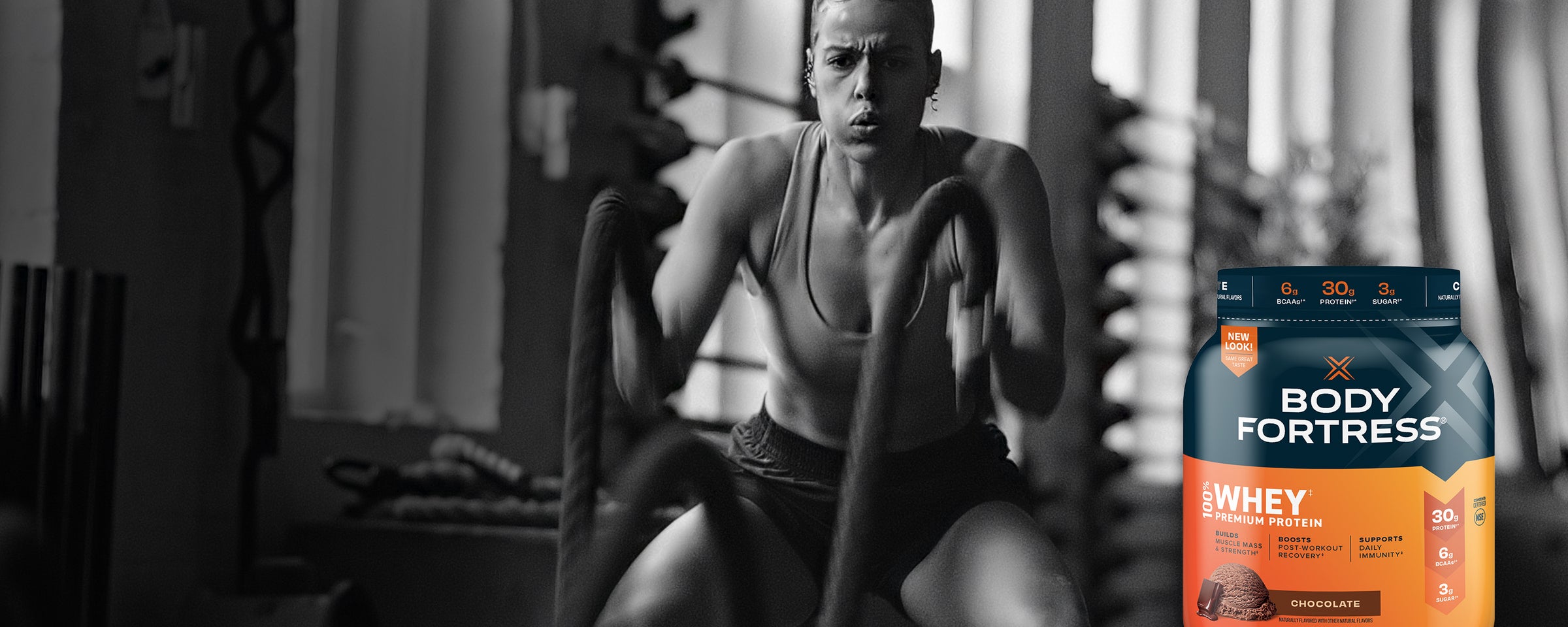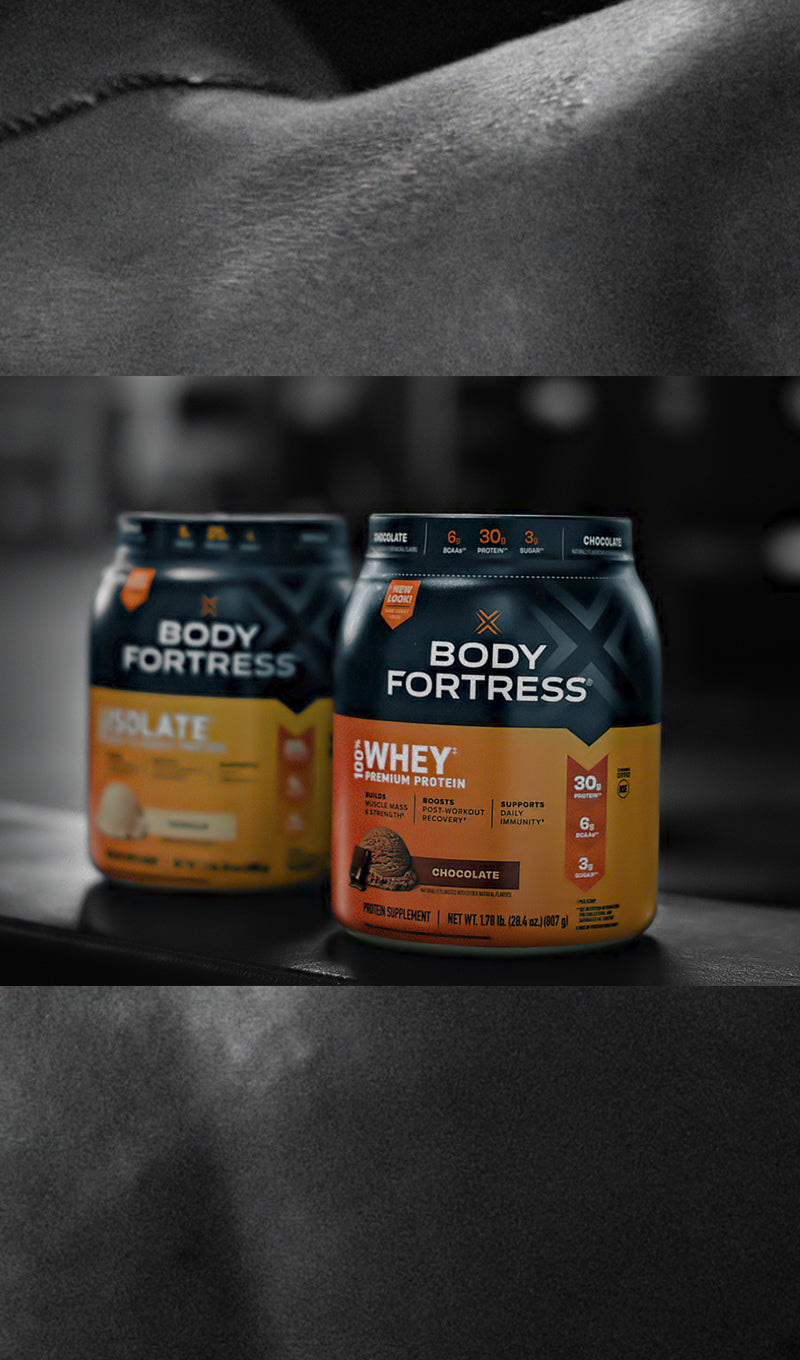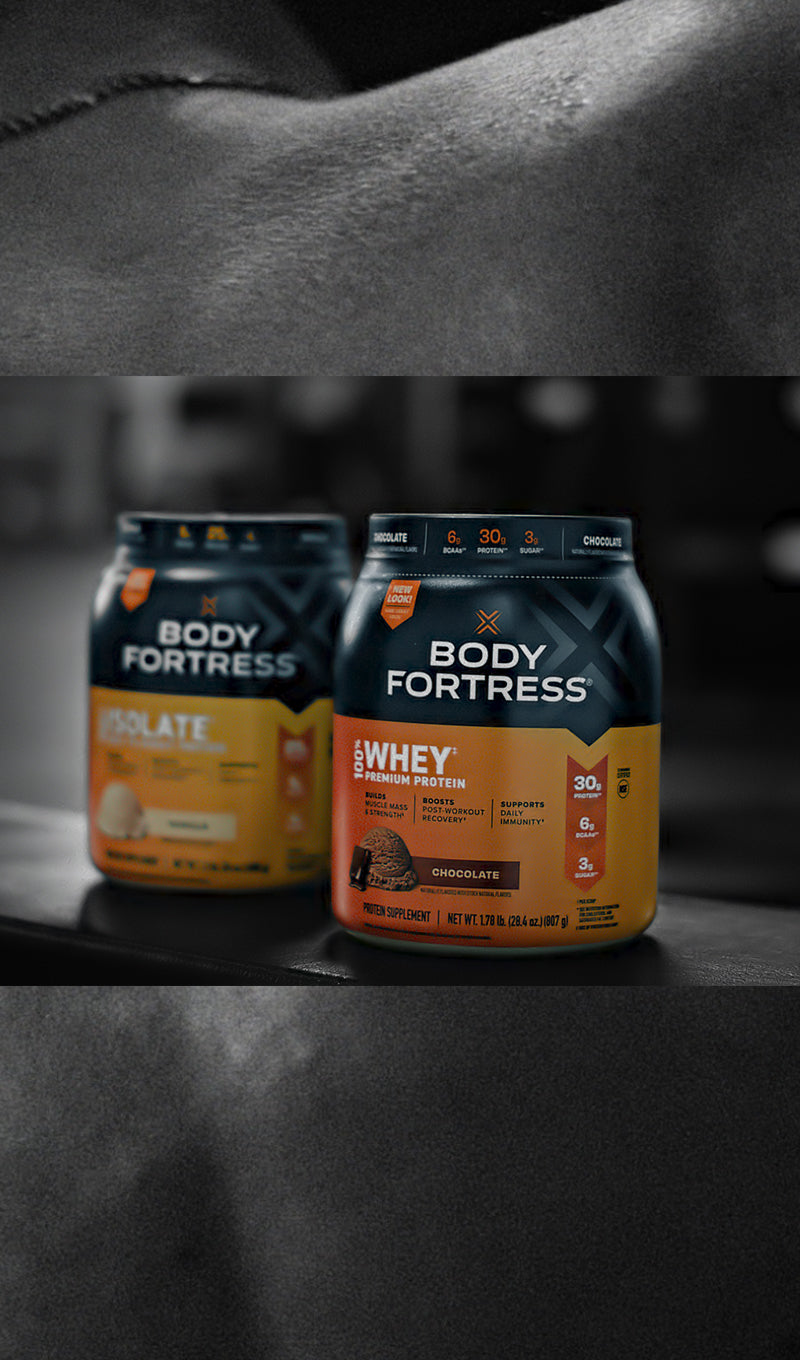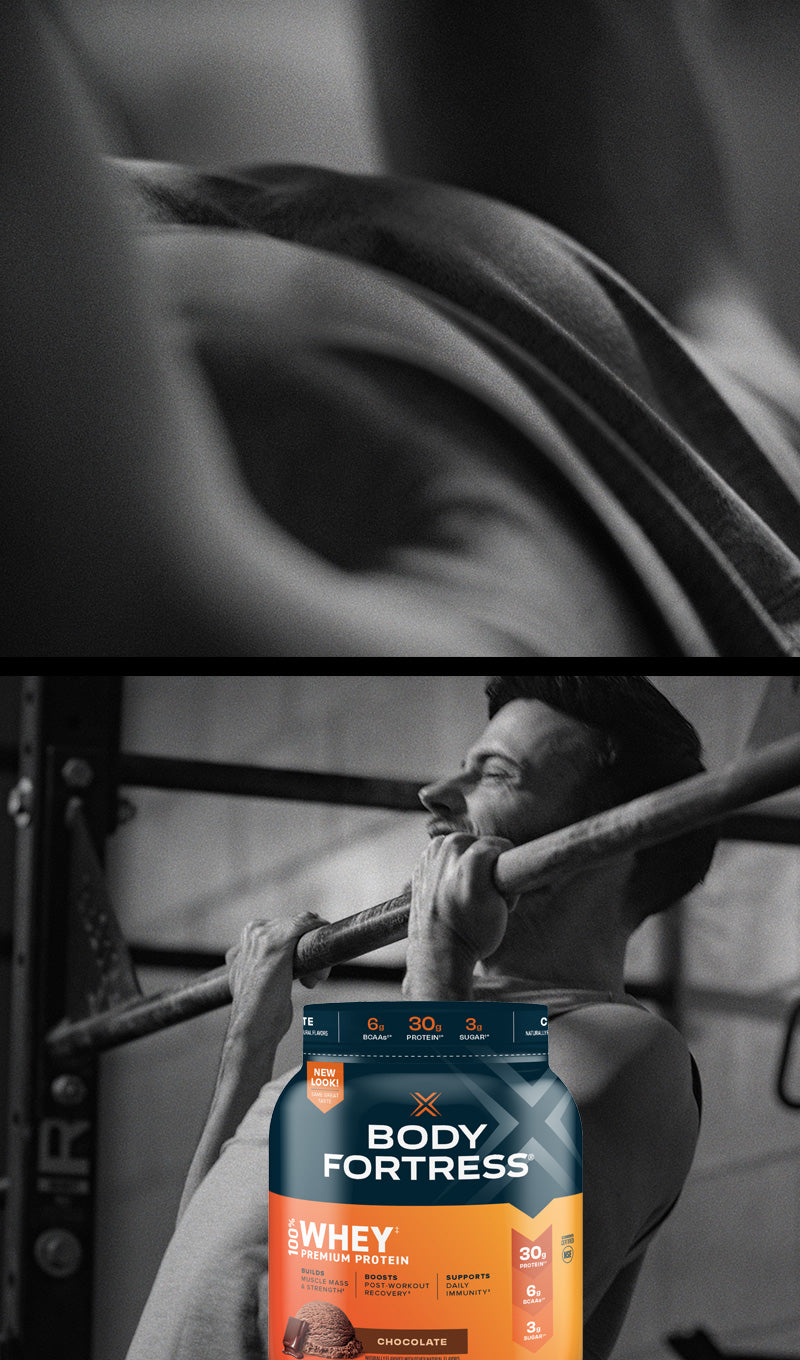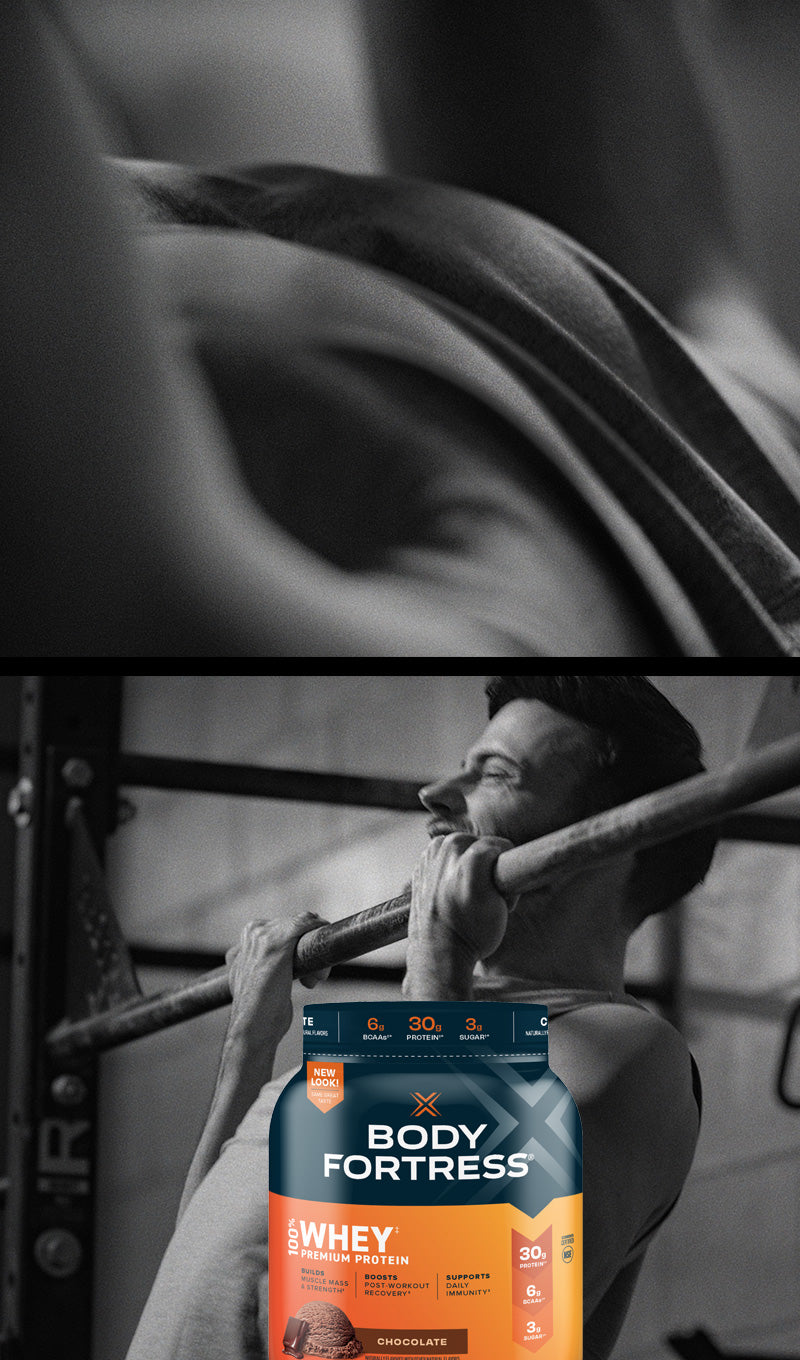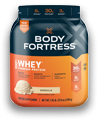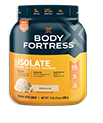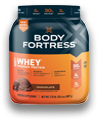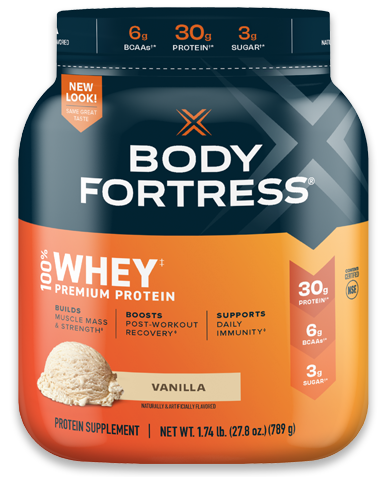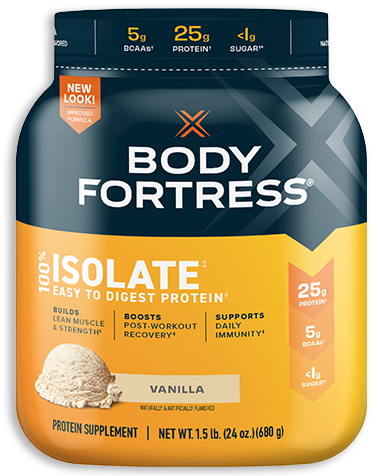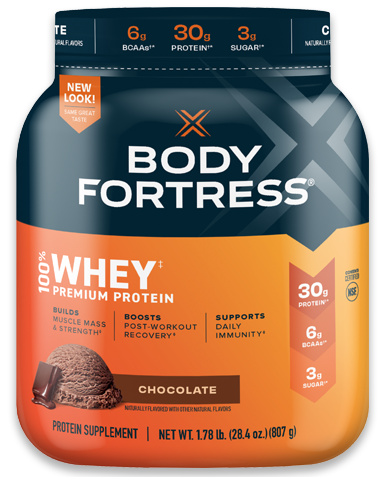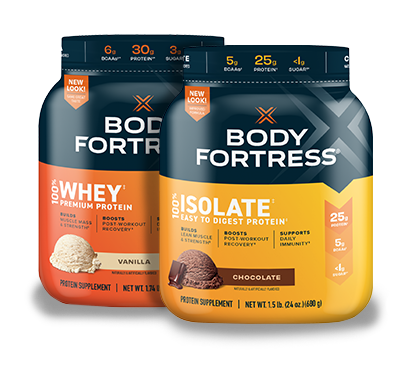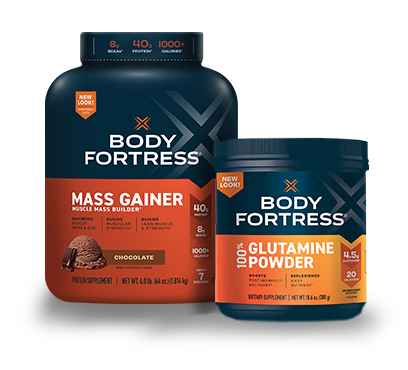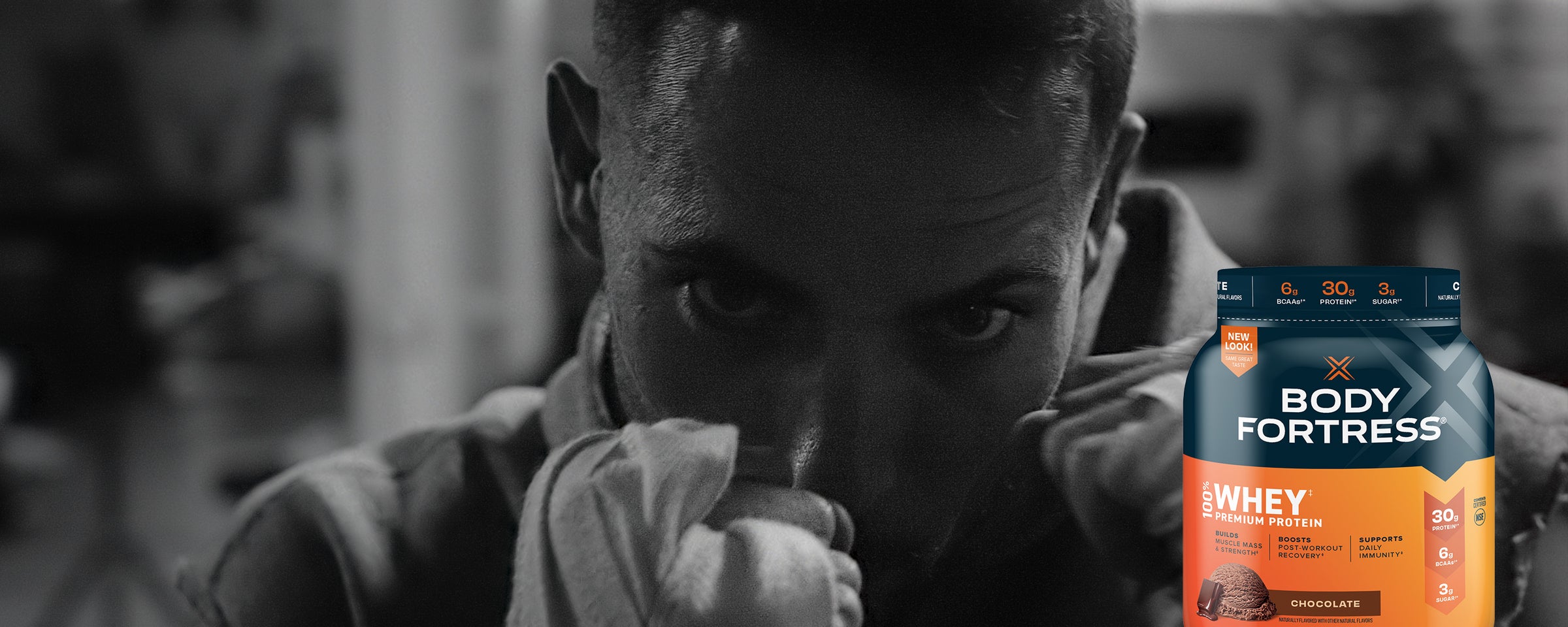
Customize
Your Routine
Customize
Your Routine
Your Routine
Stay lean with 30 grams of protein in 1 scoop.
Get big gains with 60 grams of protein in 2 scoops.
Get big gains with 60 grams of protein in 2 scoops.
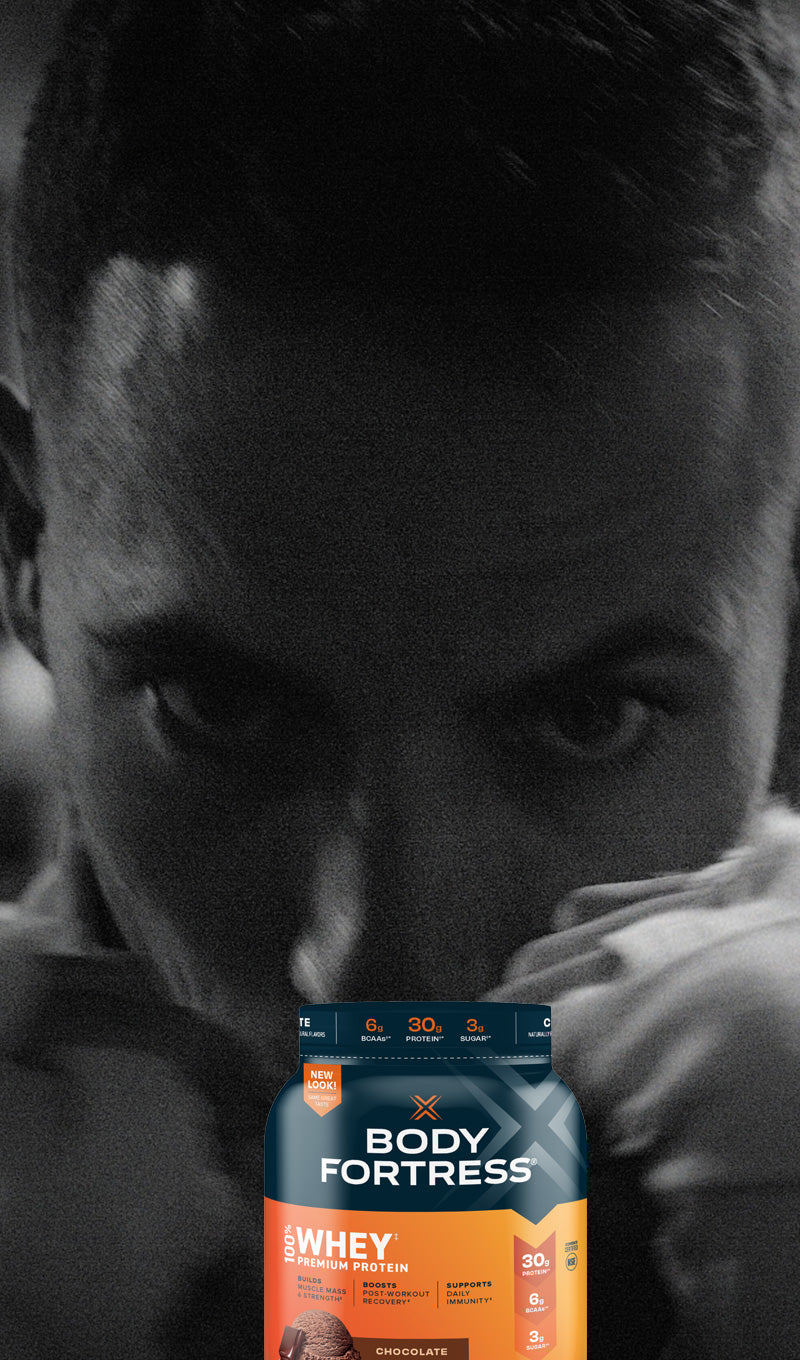
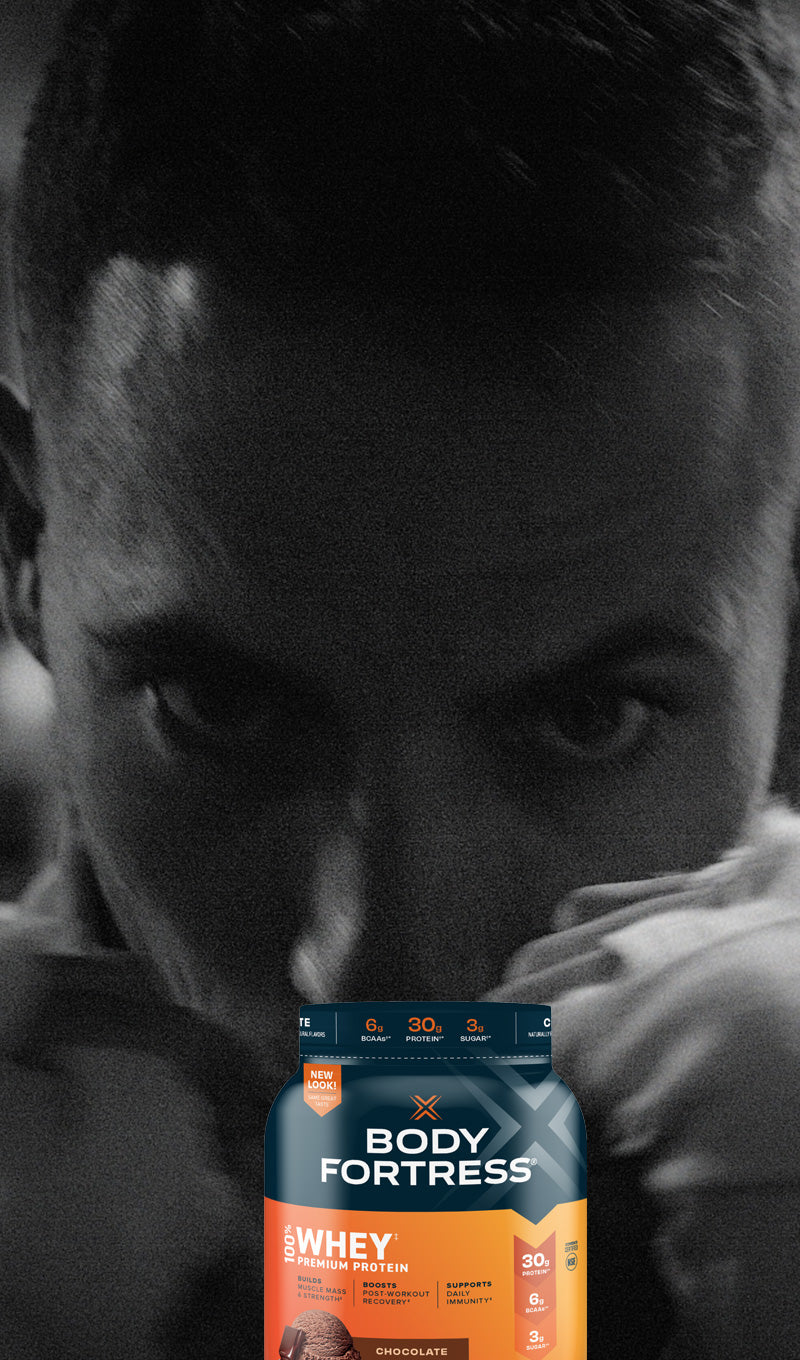
Customize
Your Routine
Customize
Your Routine
Your Routine
Stay lean with 30 grams of protein in 1 scoop.
Get big gains with 60 grams of protein in 2 scoops.
Get big gains with 60 grams of protein in 2 scoops.
SHOP BY GOAL
Shop by Category
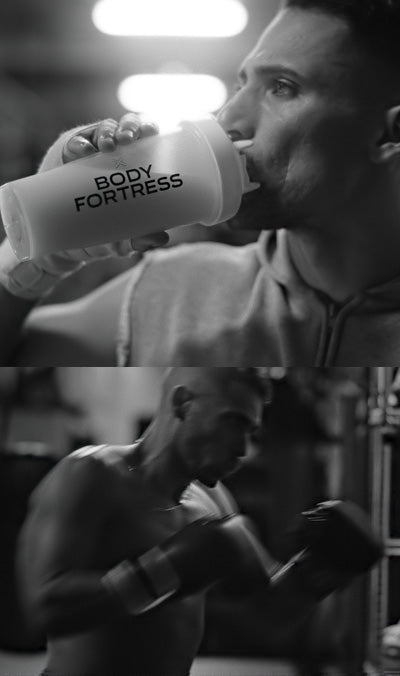
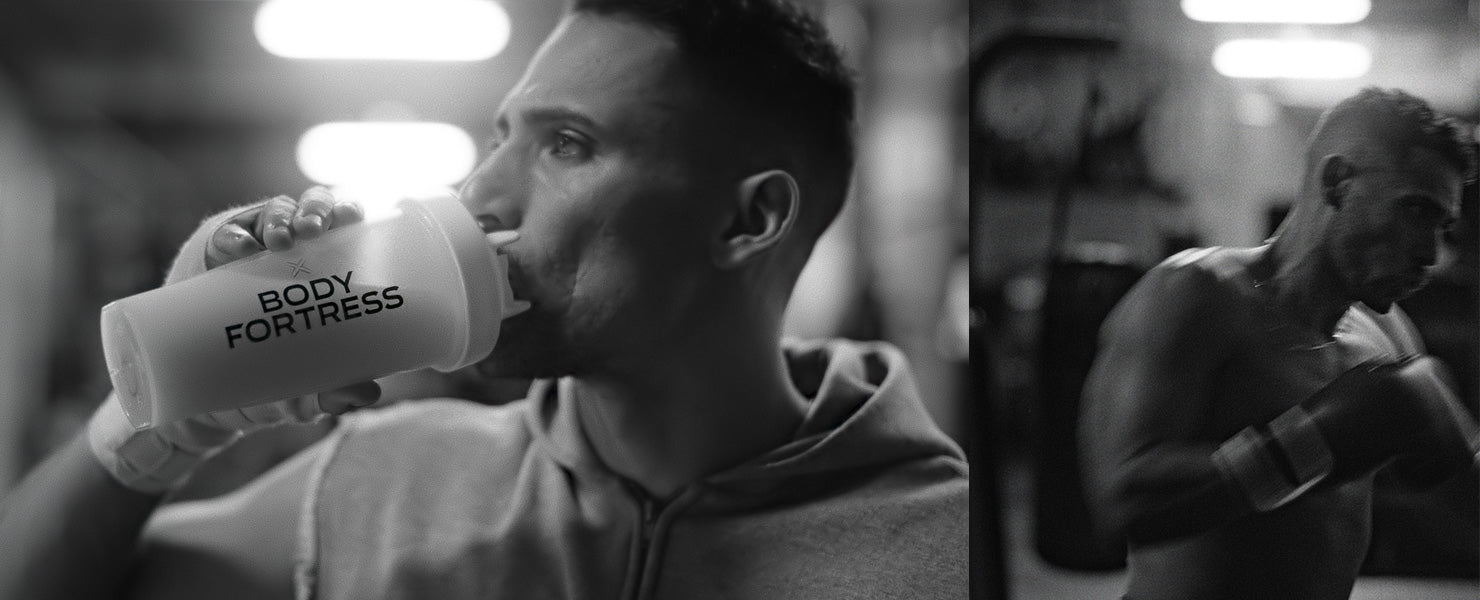
About Us
At BODY FORTRESS®, we know that performing your best goes beyond physical strength – it’s about mindset, too. That’s why our products are thoughtfully engineered with proven ingredients to fuel you and your workout. This is your body. It’s the only one you’ve got, so give it the best with Body Fortress. ◊
◊ These statements have not been evaluated by the Food and Drug Administration. This product is not intended to diagnose, treat, cure or prevent any disease.
SIGN UP & SAVE 15%
ON YOUR NEXT ORDER
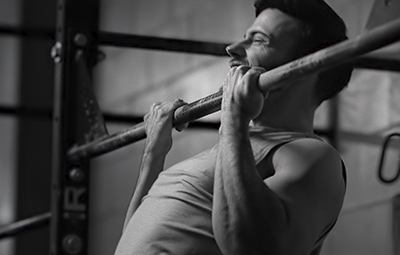
SIGN UP & SAVE 15%
ON YOUR NEXT ORDER

